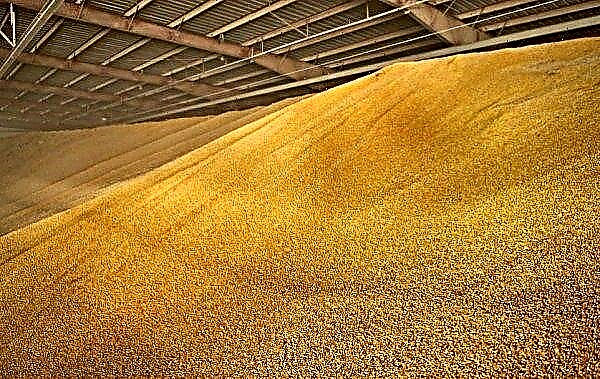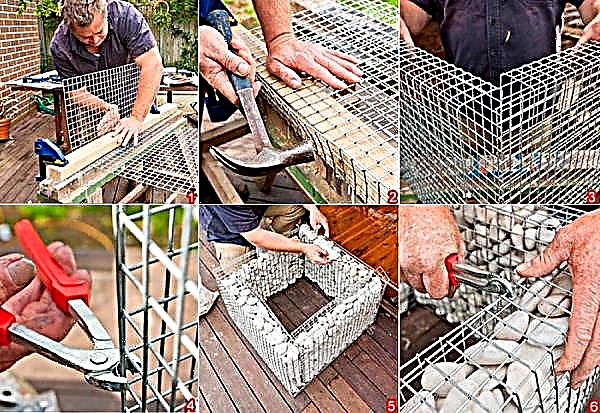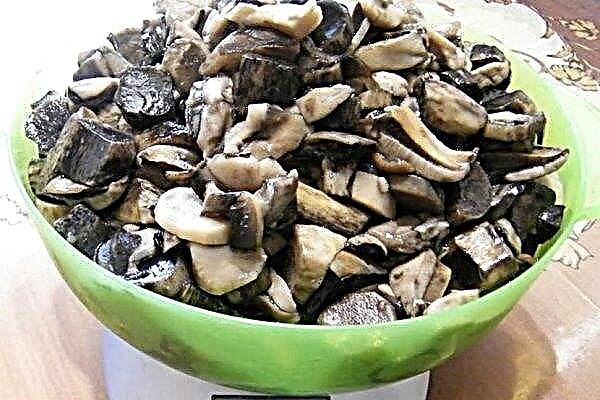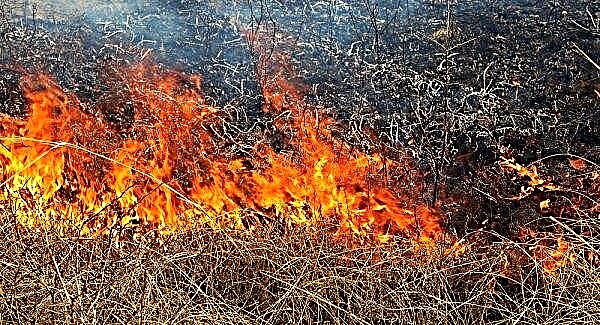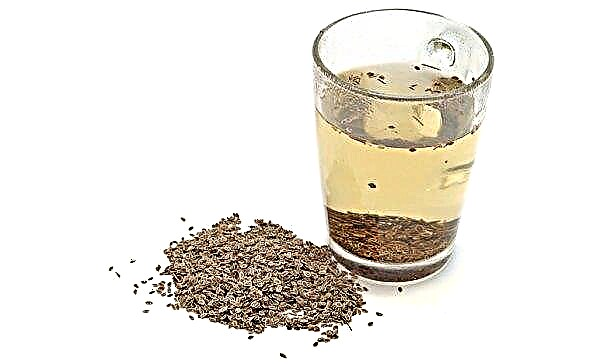The development project at the initial stage can lead to the construction of a modern beef processing plant with an estimated capacity of 2 thousand heads per day.
Tyson Fresh Meats has signed an agreement with the Republic of Kazakhstan and the private holding Kusto Group to expand beef production in Kazakhstan. At the initial stage, the project may lead to the construction of a modern beef processing plant with an estimated capacity of 2 thousand heads per day, Tyson Foods said in a press release.
According to forecasts, investments will provide an annual agricultural economic benefit for the country in excess of $ 1 billion.
The country has created a meat industry that serves the country's population with exports to the region. The agreement with Tyson and the Kusto Group is part of a broader initiative by the government of Kazakhstan to expand and modernize agriculture, starting with meat production.
 Cattle meat is called beef. This name comes from the old Russian word "beef", which literally means "cattle."
Cattle meat is called beef. This name comes from the old Russian word "beef", which literally means "cattle."
The Kusto Group, based in Singapore but based in Kazakhstan, has a subsidiary that holds leading positions in the country's beef industry.
Direct speech: “We are pleased to welcome Tyson Foods in Kazakhstan. Tyson is a world-class company with the experience necessary to help Kazakhstan accelerate the transformation of our capabilities and help us create an ecosystem that will increase the size of our herd and create conditions to support thousands of new high-quality products, as well as jobs in the country. We look forward to a long and mutually beneficial cooperation, ”said Prime Minister Askar Mamin.
“At Kusto, we believe in Kazakhstan’s tremendous potential to become a global agricultural player, helping to provide first-class products to consumers around the world,” said Erkin Tatishev, chairman of the board of directors of Kusto Group.
- For the good of mankind: London students stripped of beef.
- German pork exports to third countries grew significantly in the first five months of this year, an increase of 17%.
- In Poland, the beef market is rapidly falling.
- In Ireland, more than a third of beef producers are not sure whether they will be farming in five years.
- Earlier, we reported that the Canadian Food Inspection Agency, according to a statement by the Chinese side on the falsification of documents, stopped issuing export certificates to China for all types of pork and beef.


